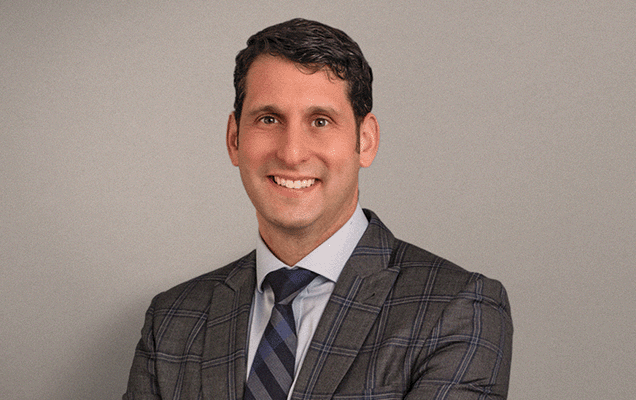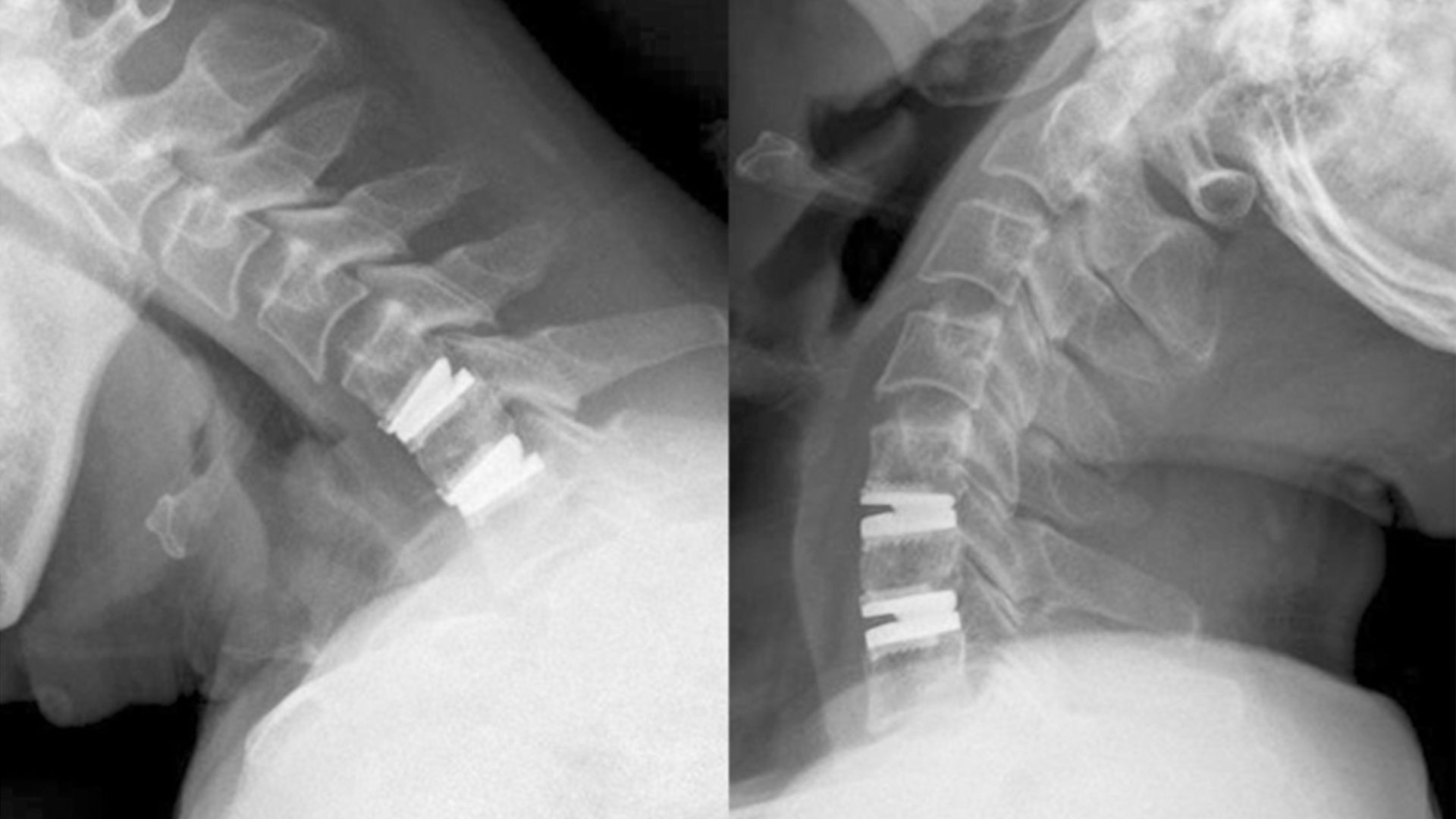When facing neck and spine problems, it’s important to understand your choices for treatment. There are two main surgeries that can help: cervical disc replacement and anterior cervical discectomy and fusion. In some cases, these treatments can really be life saving, allowing people to get back to their normal activities.
We’ll explain these two surgeries, focusing on their benefits and what they mean for your future. The goal of this article is to educate you to empower you to make a good decision about your care. Whether you’re thinking about the surgery that keeps your neck moving or the one that stabilizes it, learning about these options is the first step toward getting better.
Understanding Degenerative Disc Disease
Degenerative disc disease is a common problem which often causes severe neck pain that can affect daily life and happiness. This condition happens when the discs in the neck, which are the cushions between the bones, wear out over time. This can cause pain and might also lead to pressure on the spinal cord and nerves which travel within your spinal column. This can lead to weakness or numbness in different body parts, depending on the affected nerves.
This disease does more than just cause physical pain; it can really impact a person’s overall well-being. When the discs are damaged, they can’t support or move the neck as they should, which can lead to various symptoms that interrupt everyday activities. It’s important for people with this condition to understand it well, so they can find the right treatment and make good decisions for their neck health.
Cervical Disc Replacement: Preserving Motion
Cervical disc replacement is a surgery where a bad disc in the neck is replaced with a man-made one. This modern surgery helps keep the neck moving naturally, which is a big plus compared to traditional fusion surgery. People who get this surgery usually heal faster and can move their necks better afterwards, making their life quality better after the surgery.
Benefits of Artificial Disc Replacement Surgery
- Motion Preservation: Unlike fusion, cervical disc replacement allows for a range of motion, preventing adjacent level degeneration.
- Pain Relief: Artificial disc replacement surgery is highly effective in relieving neck pain associated with degenerative disc disease.
- Quicker Recovery: Patients typically have a shorter hospital stay and a faster return to daily activities.
Anterior Cervical Discectomy and Fusion: A Proven Solution
Anterior cervical discectomy and fusion (ACDF) is a common surgery that lessens neck pain and stabilizes the neck bones. In this surgery, doctors take out the damaged neck disc and then fuse the surrounding bones together, stopping any movement that causes pain. This process eases pain and keeps the spine straight and stable.
Advantages of Spinal Fusion Surgery
- Stability: Fusion surgery provides immediate stability to the affected area of the spine.
- Success Rates: ACDF has a long track record of success in alleviating symptoms of degenerative disc disease.
- Relieving Neck Pain: By eliminating the motion at the diseased disc level, fusion surgery effectively relieves neck pain.
Comparing Long Term Outcomes
When thinking about the long-term effects of these surgeries on the health of the cervical spine, it’s important to know how each one can affect you down the road. Patients tend to be very satisfied with cervical disc replacement because it allows the neck to keep moving naturally and doesn’t cause as much stress on the spine areas next to the surgery site. However, while spinal fusion surgery is good at reducing pain and making the spine stable, it might cause extra strain on the spine sections near the fused area as time goes on.
It's time to get back to doing what you love.
Patient Satisfaction and Success Rates
- Disc Replacement Patients: Generally report high satisfaction, particularly with the preservation of neck mobility and reduced need for additional surgeries.
- Patients Who Undergo Fusion: Also report significant pain relief, though they may face restrictions in neck mobility and a slightly higher likelihood of needing future spine surgeries.
Choosing the Right Surgical Procedure
The choice between cervical disc replacement and fusion largely depends on individual patient factors, including the extent of degenerative disc disease, overall spinal health, and personal lifestyle goals. Consulting with a seasoned spine surgeon is crucial in making this decision.
- Spine Surgeon Consultation: A comprehensive evaluation by a spine surgeon who will consider your medical history, symptoms, and imaging results to recommend the most suitable approach.
- Conservative Treatments: It’s also important to note that both procedures are typically considered after conservative treatments, such as physical therapy and medications, have failed to provide adequate relief.
Conclusion
Both cervical disc replacement and anterior cervical discectomy and fusion offer effective solutions for relieving neck pain and stabilizing the cervical spine in patients with degenerative disc disease. Cervical artificial discs aim to preserve motion and provide a quicker recovery, while fusion targets stability and has a proven track record of success. Ultimately, the choice between these two procedures should be made in close consultation with a qualified spine surgeon, considering the specific needs and long-term health goals of the patient.
In navigating the complexities of spine surgery, understanding the nuances between cervical disc replacement and fusion is pivotal. By considering the long-term outcomes, patient satisfaction, and the specific benefits each procedure offers, patients can make informed decisions that align with their health and lifestyle aspirations. Whether it’s the motion-preserving qualities of artificial disc replacement or the stability provided by spinal fusion, the advancements in spine surgery continue to offer hope and improved quality of life for those suffering from degenerative disc disease.

About Dr. Seth Grossman
Dr. Seth Grossman is a board-certified, fellowship-trained orthopaedic spine surgeon. He has been involved in clinical research throughout his medical training and has been published in several peer-reviewed journals. Dr. Grossman prides himself on first exhausting all non-surgical treatment options. When surgery is necessary, he employs surgical techniques that will achieve the best results for his patients while causing the least amount of pain and allowing the fastest recovery possible. He is passionate about combining medicine and technology. He specializes in robotically assisted spine surgery, disc replacement surgery, and minimally invasive techniques for both spinal decompression and spinal fusion surgery.






